We know that TAs are always on the look-out for quality information and great resources ideas, and so are we. So, we have done the searching for you and created a toolbox full of links to useful resources, including websites, videos, podcasts, practical resources, stories, articles and more.
All of the resource links in TA Toolbox have been selected by Australian Teacher Aide, to ensure that they present you with reliable information. To make it easy to find what you are looking for, we have matched the topics to our professional development library, and written a short description for each resource link.
If you are not yet an ATA member, simply click on the Toolbox you are interested in, and create a free subscriber account to get instant access. Happy reading!
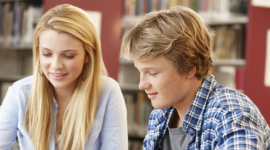
Additional Needs & Disability
Additional needs and disability refers to students who require support to access and fully participate in education, and includes learning disabilities, health conditions, autism spectrum disorder (ASD), hearing impairment, intellectual impairment, physical impairment, speech-language impairment and visual impairment.
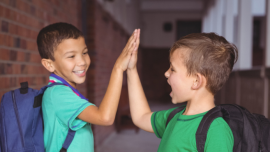
Behaviour
Positive behaviour support aims to improve the learning and wellbeing of every student, by creating a safe and supportive learning environment that supports all students to make positive behaviour choices, and prevent behaviour issues arising.

Critical & Creative Thinking
Critical and creative thinking is considered essential to be a successful learner in the 21st Century, and requires students to be able to use skills such as reasoning, logic, imagination, and innovation in all learning areas at school, and in their lives beyond school.
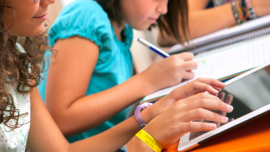
Digital Literacy
Digital skills teaches students to find, evaluate, use, share, and create content using a variety of digital technologies, such as computers and smartphones. Digital skills are considered essential for individuals to participate effectively in today’s society.
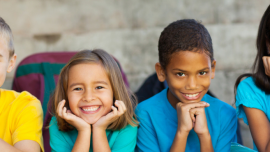
Inclusive education
Inclusion in education, refers to the practices used at school to ensure that all children are given the support they need to participate in all aspects of learning, in an environment that is free from discrimination based on gender, language, culture, ethnicity, religion, sexual orientation, disability, and socio- economic background.
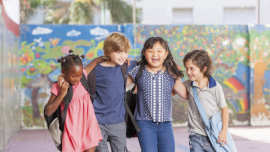
Learning and Wellbeing
Learning and wellbeing refer to the healthy development of students, that lead to improved learning and successful outcomes in all developmental areas, including social, emotional, cognitive, physical and spiritual wellbeing.
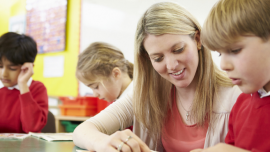
Literacy
Literacy at school refers to students’ capacity to use language to learn, communicate and participate in society and has been identified in the Australian Curriculum, as one of the general capabilities needed to successfully live and work in the 21century.
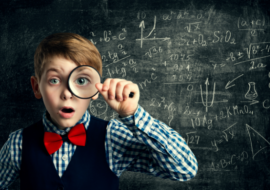
Numeracy
Numeracy is a students’ capacity to use mathematics across all areas of learning, and in a wide number of everyday situations. In the Australian Curriculum, numeracy is one of the general capabilities considered necessary to successfully live and work in the 21century.